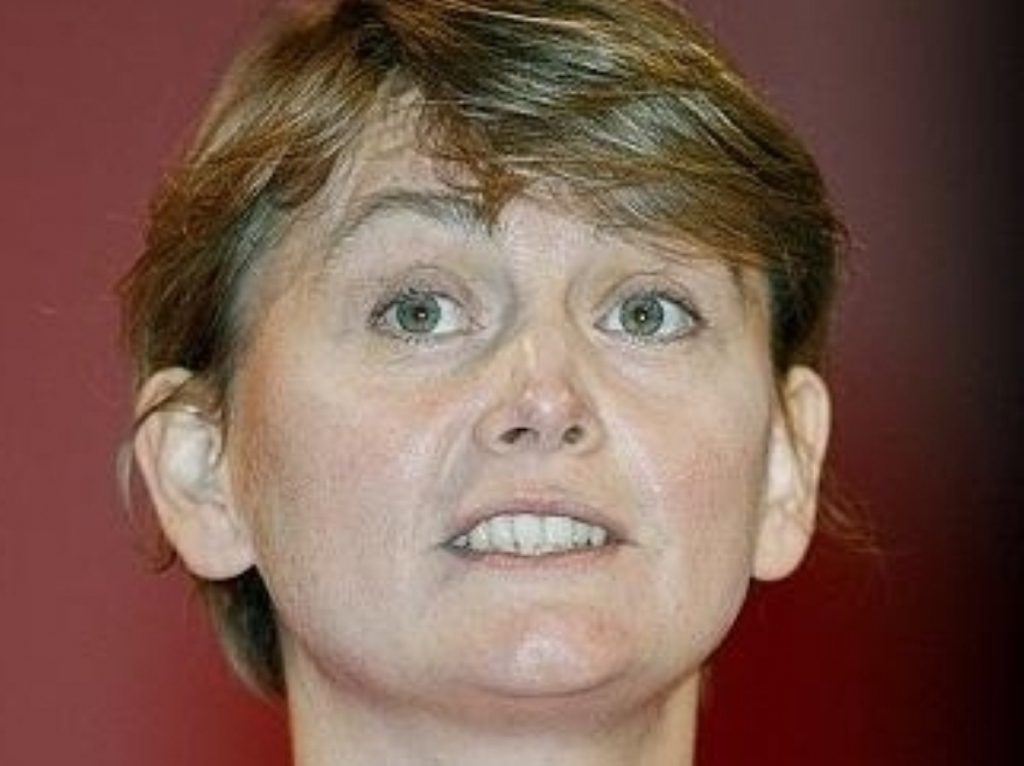Cooper: The coalition’s ‘shrivelled’ foreign policy
Yvette Cooper is to launch a stinging attack on the coalition’s handling of foreign affairs and the issue of Europe.
Speaking ahead of an EU Council meeting later this week, the shadow foreign secretary will accuse the government of “pandering” to Conservative Eurosceptics and of pursuing an overly “narrow” foreign policy.
Ms Cooper is expected to say: “Too often as a result the prime minister is playing the spectator rather than the statesman on the international stage.”


On the EU budget, which is set to rise by 2.9% instead of the Commission’s favoured six per cent, the government will be accused of allowing domestic politics to interfere will Britain’s international commitments.
She will add: “Already we have seen the government reject multilateral action on modern slavery by opting out of the valuable human trafficking directive to avoid inflaming Eurosceptic hostility.
“We’ve seen last minute grandstanding on the EU budget to appease Eurosceptics, but no serious engagement on reforming the Common Agricultural Policy (CAP) that will be needed ultimately to bring the EU budget down.
The shadow foreign secretary will also question the coalition’s spending cuts’ impact on foreign affairs. She is expected to say: “The result is that European growth is already slowing, some countries like Ireland are back in recession. And every country is relying – like Britain – on exports to help them grow.
“Yet it isn’t clear who is supposed to buy all these extra exports if each country in Europe is cutting back.
“Britain should be pressing other European countries to face up to the contradictions in their economic approach and do more to support growth and jobs.”
The speech reveals Labour’s line of attack against the government on foreign policy – seeking to exploit the latent tensions both between the coalition partners and within the Conservatives on the issue of Europe.
David Cameron had to perform a delicate balancing act over the EU budget in particular, facing the need to limit the proposed increase as far as possible while keeping a pre-election promise to impose a ‘referendum lock’ on changes to Britain’s relationship with the bloc.
The prime minister argued that because recent treaty changes to set up bailout funds for tottering Eurozone economies did not directly involve the UK, there was no need for a referendum on the matter.
But the issue of Europe continues to simmer on the Tory benches, despite being somewhat buried due to the presence of pro-EU Liberal Democrats in government.

